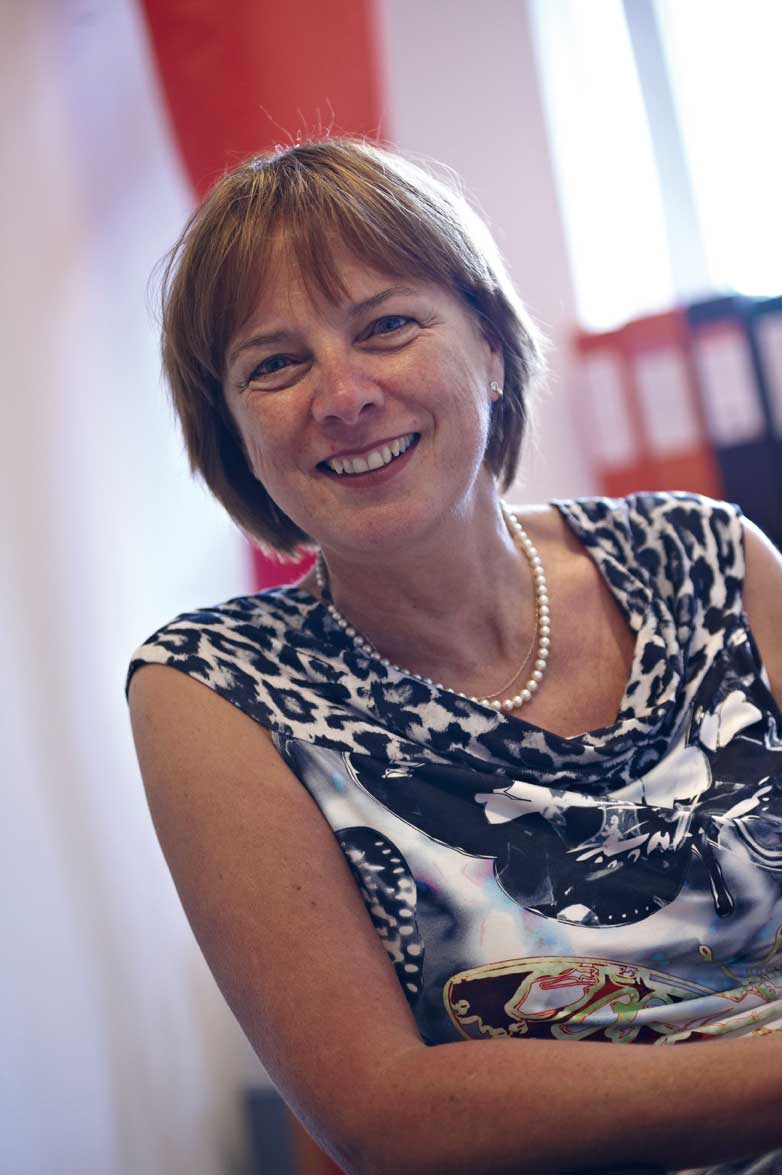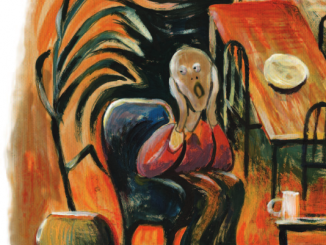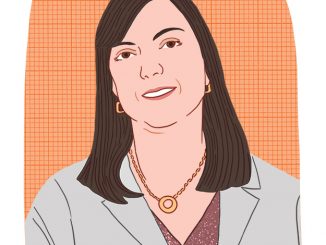Transferring more responsibility for the care of cancer patients and survivors from specialists to general practitioners (GPs) is seen as key to coping with rising patient numbers. GPs, specialists and patients question how this can work with such a complex disease. Cancer World asked Annette Berendsen, a GP by profession, who is leading efforts to find solutions.
Cancer World: What challenges do general practitioners (GPs) face in understanding and addressing the needs of their patients during and following cancer treatment?
Annette Berendsen: Cancer patients are all different, there are many different types of treatment, and the problems patients are likely to encounter differ according to the therapy they have received, and now there are so many new therapies. The big challenge often voiced by GPs is that they have no idea what to expect, so they don’t know how often they should see their patient or what they should be looking out for. Most importantly, it is often not clear for GPs whether the treatment is curative or palliative in intent, because this crucial information is almost never given in the letters specialists send to GPs. Usually GPs have contact with their patients after diagnosis. When patients think the treatment is curative and the GP thinks it is palliative, it can create awkward situations. We did a study on correspondence between GPs and specialists, and our hypothesis after the analysis was that these letters are not particularly meant for the person they are sent to. Specialists see it as something for their own archives, not as a means of giving GPs the information they need to provide the best care for their patient.
CW: There’s a lot of talk about shifting responsibility for follow-up care from specialists to primary care. Is that happening?
AB: In 2011, the Dutch Cancer Society published a report on this topic. However, seven years on, it is still under discussion. Nobody has the solution. GPs say: “I’m too busy, time will be a barrier, remuneration will be a barrier.” They also worry that they don’t have the knowledge and skills to take on this role, and specialists think the same. Patients also prefer hospital follow-up. So we conducted a study, focusing on patients with breast and colorectal cancer. We found that, in practice, there is a huge increase in face-to-face contact between GPs and patients after a cancer diagnosis, as well as an increase in medication prescriptions compared to a reference population. We concluded that GPs already give a lot of follow-up care to cancer patients, but it is not formalised.
Most contacts relate to side effects of therapy, for example dermatological problems from radiation or gastrointestinal problems relating to chemotherapy. Psychosocial problems are also a reason for contacting the GP, as are questions regarding lifestyle.
CW: How well do specialists and GPs understand each other’s needs and roles and work together?
AB: This is the question I addressed in my PhD thesis. I found that GPs think they can learn from specialists, but specialists generally don’t think that they can learn anything from GPs. This means specialists often have a poor understanding of the challenges GPs face, for instance, in picking up cancer symptoms when the great majority of their patients with similar symptoms do not have cancer.
Another finding was that GPs want to learn something from specialists up to a certain level, but when that is reached, another topic becomes more important. And this can be disappointing for specialists, because they like to teach GPs all the new developments.
I also found that differences in status between GPs and specialists can be a barrier to collaboration. GPs have traditionally been seen as less qualified, though that has changed a lot in recent years, at least in the Netherlands.
Remuneration and time are also important, as collaboration takes time and time is money. And familiarity is important for building effective working relationships. This is becoming a little harder now there are so many doctors who work part time.
CW: What has to happen to ensure GPs and specialists can work well together to provide the best care for patients?
AB: If GPs are going to take greater responsibility for caring for cancer patients, that role needs to be formalised. They will need proper protocols and guidelines that are personalised for specific groups of patients, and they will need to be properly remunerated.
If you look at care for patients with diabetes and COPD, this used to be the responsibility of secondary care, but now it is a responsibility of GPs. Clear protocols define the role of the GP and of the GP practice nurse, and spell out when the patient should be referred to secondary care and vice versa. There is nothing like that in cancer. A key reason is that cancer patients and treatments differ much more than is true for diabetes and COPD.
So we need to define subgroups of patients with cancer. For example, if you have an older patient, say 80 years old, who visits the GP every three months because of diabetes and a low-risk breast cancer diagnosis, question whether this person needs to visit the hospital often. In the case of a young cancer patient with fertility issues, by contrast, it is more obvious that they should receive care in a secondary setting.
Once we have defined subgroups, we can state who is responsible for doing what, how often GPs should see a given type of patient, what problems they should look out for, what will be reimbursed by health insurance, and so on. This is something our group at the University Medical Centre in Groningen is currently working on. In collaboration with GPs and specialists, we are trying to define such subgroups. When that work is completed, it will be possible to draw up protocols, and the remuneration will have to follow the protocols.
CW: Is this just a Dutch initiative? Are there plans to do something at a European or international level?
AB: Groups in the USA, Canada, Australia and Europe are doing something similar. Yet work around defining the role of GPs in providing care for cancer patients and survivors is still at an early stage. It is nowhere near as established, for instance, as research around GPs’ role in early diagnosis or palliative care. If GPs are to take more responsibility for the care of cancer patients during and after treatment, as many policy makers envisage, it will need a lot more attention.
Annette Berendsen is an Assistant Professor and head of oncology research in primary care at the Department of General Practice and Elderly Care Medicine, at the University of Groningen, The Netherlands. Her research focuses mainly on oncology during the post-diagnosis period, including the role of the GP, the role of the patient, and the continuum of care, as well as long-term effects of cancer and its treatment. She is the editor of the book ‘Oncology’ for general practitioners, member of the executive committee of the Cancer and Primary Care Research International Network Ca-PRI, and convener for the WONCA (GPs international organisation) Special Interest Group on Cancer and Palliative Care.





